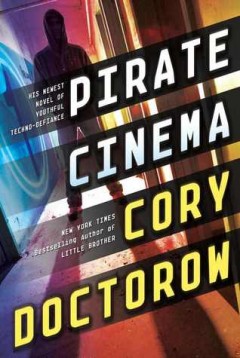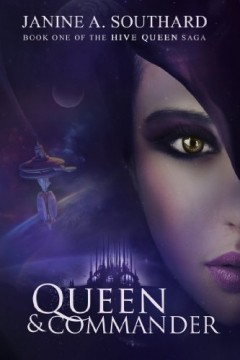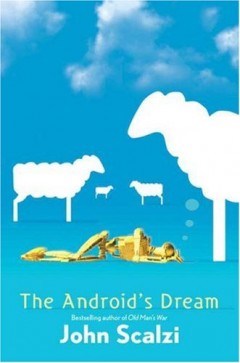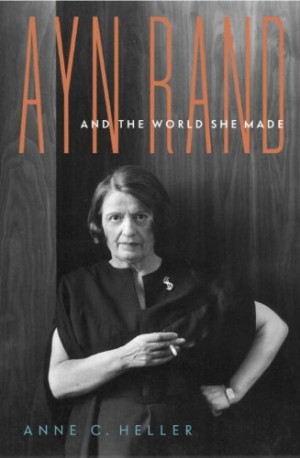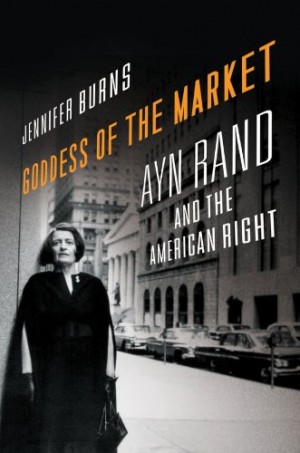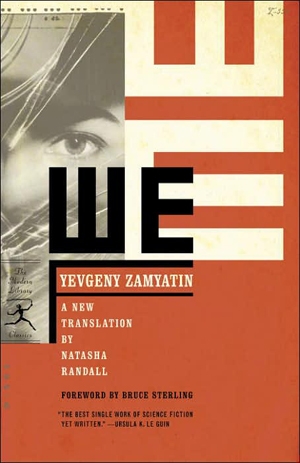The Libertarian Futurist Society issued a press release on Saturday, July 20th, announcing this year’s winners of the Prometheus Award for Best Libertarian Novel and the Hall of Fame Award.
Best Novel
Winner
- Cory Doctorow, Pirate Cinema
Finalists
- Tobias S. Buckell, Arctic Rising (review)
- Dani Kollin and Eytan Kollin, The Unincorporated Future
- Sarah Hoyt, Darkship Renegades
- Daniel Suarez. Kill Decision
Hall of Fame
Winner
- Neal Stephenson, Cryptonomicon
Finalists
- Poul Anderson, “Sam Hall” (in Going for Infinity)
- Lois McMaster Bujold, Falling Free
- Harlan Ellison, “‘Repent, Harlequin!’ Said the Ticktockman” (PDF)
- Donald M. Kingsbury, Courtship Rite
- Rudyard Kipling, “As Easy as A.B.C.”
My thoughts on the results briefly: I still wish actual libertarian authors would win more often. Step up, people!
There are a number of familiar names listed here, including past winners Cory Doctorow, Sarah Hoyt, Dani and Eytan Kollin, Neal Stephenson, Poul Anderson, and Donald M. Kingsbury.
Tobias S. Buckell, Daniel Suarez, Lois McMaster Bujold, Harlan Ellison, and Rudyard Kipling have been finalists before.
In other words, no newcomers made it to finalist this year. I hope this doesn’t become a trend and that fresh talent is not being overlooked.
I haven’t read Pirate Cinema, but I have reviewed three of Doctorow’s previous novels: Little Brother (2009 winner), Makers (2010 finalist), and For the Win (2011 finalist). I hope that Doctorow was able to sustain his radical momentum through the end of the book this time around, but if he follows the pattern set in these other books I expect Pirate Cinema to have a rather milquetoast ending as well. I hope I’m wrong, because it won and it deals with timely and important issues surrounding civil liberties, intellectual property, and resistance.
